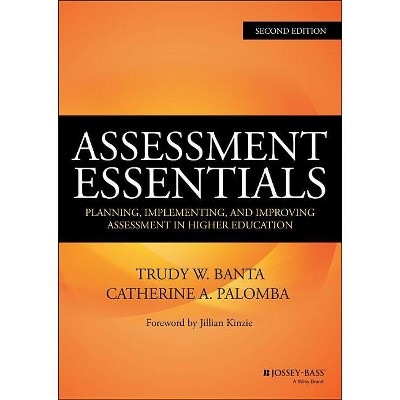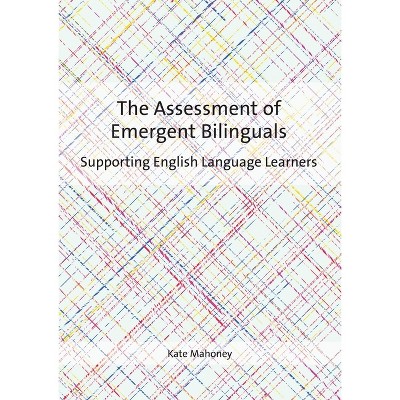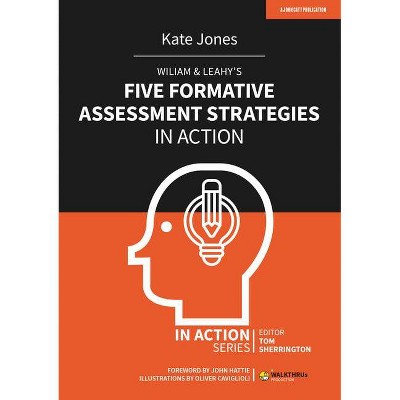About this item
Highlights
- Ipsative assessment is a powerful new approach that provokes a radical rethink of the purposes and methods of assessment.
- About the Author: Gwyneth Hughes is Reader in Higher Education at the Institute of Education, University of London, UK.
- 226 Pages
- Education, Evaluation & Assessment
Description
Book Synopsis
Ipsative assessment is a powerful new approach that provokes a radical rethink of the purposes and methods of assessment. This book presents a case for partially replacing competitive assessment with ipsative assessment, and it explores the possibilities and the challenges with research evidence and case studies.Review Quotes
"Ipsative Assessment provides an insightful look into the philosophies, principles, processes, and realities of assessment in education and beyond. Hughes's argument in favour of empowering learners and teachers provides a thought-provoking take on the potential and the limitations of assessment that is certain to make this book a favourite with teachers, learners, and educational assessment stakeholders alike." (Paraskevi Mylona, London Review of Education, Vol. 13 (3), December, 2015)
"The take-home message from Ipsative Assessment: Motivation through Marking Progress is that ipsative assessment is not new, but formal institutional systems adopting this perspective are scarce. Therefore, in order to successfully support students' learning, institutions need to adopt a dual system approach that combines traditional purposes of assessments (e.g., competition) with processes that support scaffolded learning (i.e., ipsative assessment)." - British Journal of Educational Studies
About the Author
Gwyneth Hughes is Reader in Higher Education at the Institute of Education, University of London, UK. She is a co-author of Learning Transitions in Higher Education (Palgrave Macmillan, 2013).Shipping details
Return details
Trending Non-Fiction












